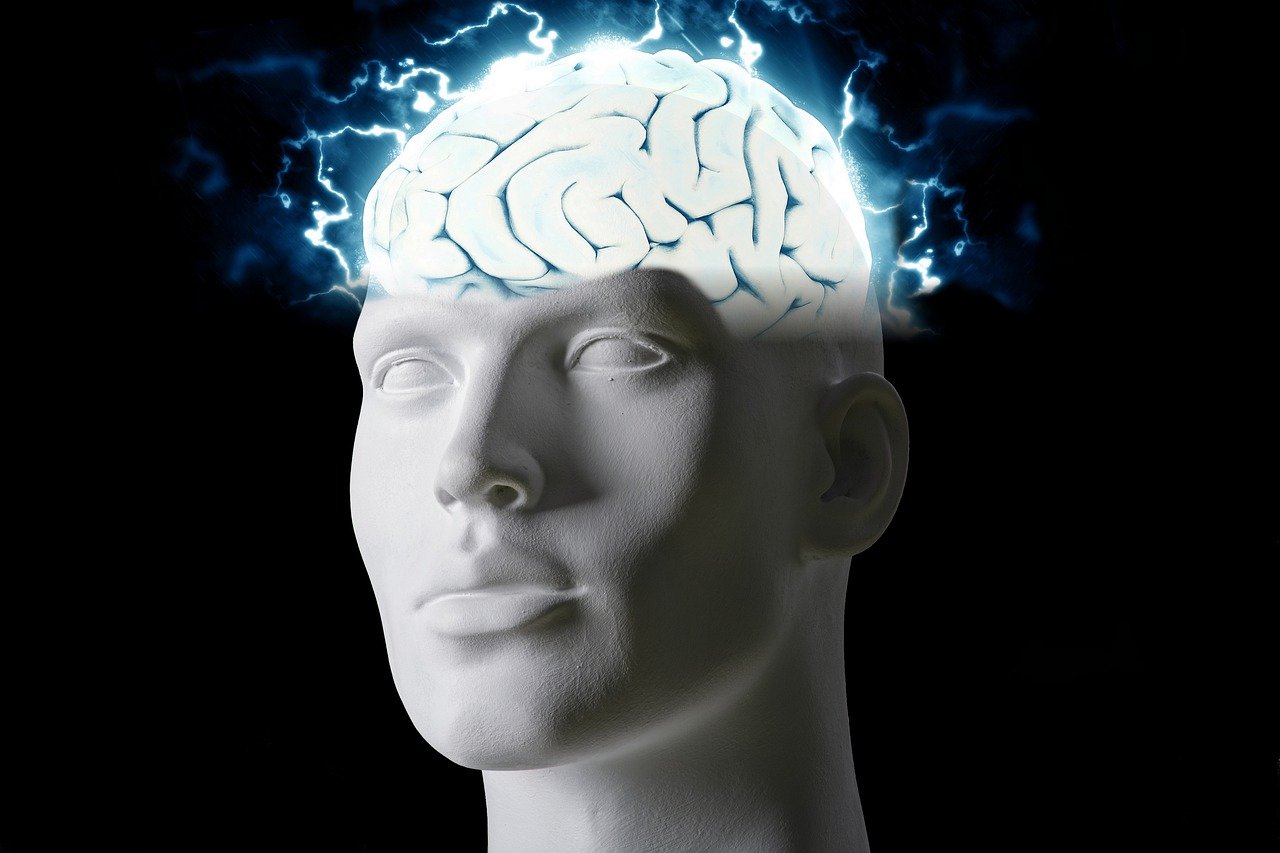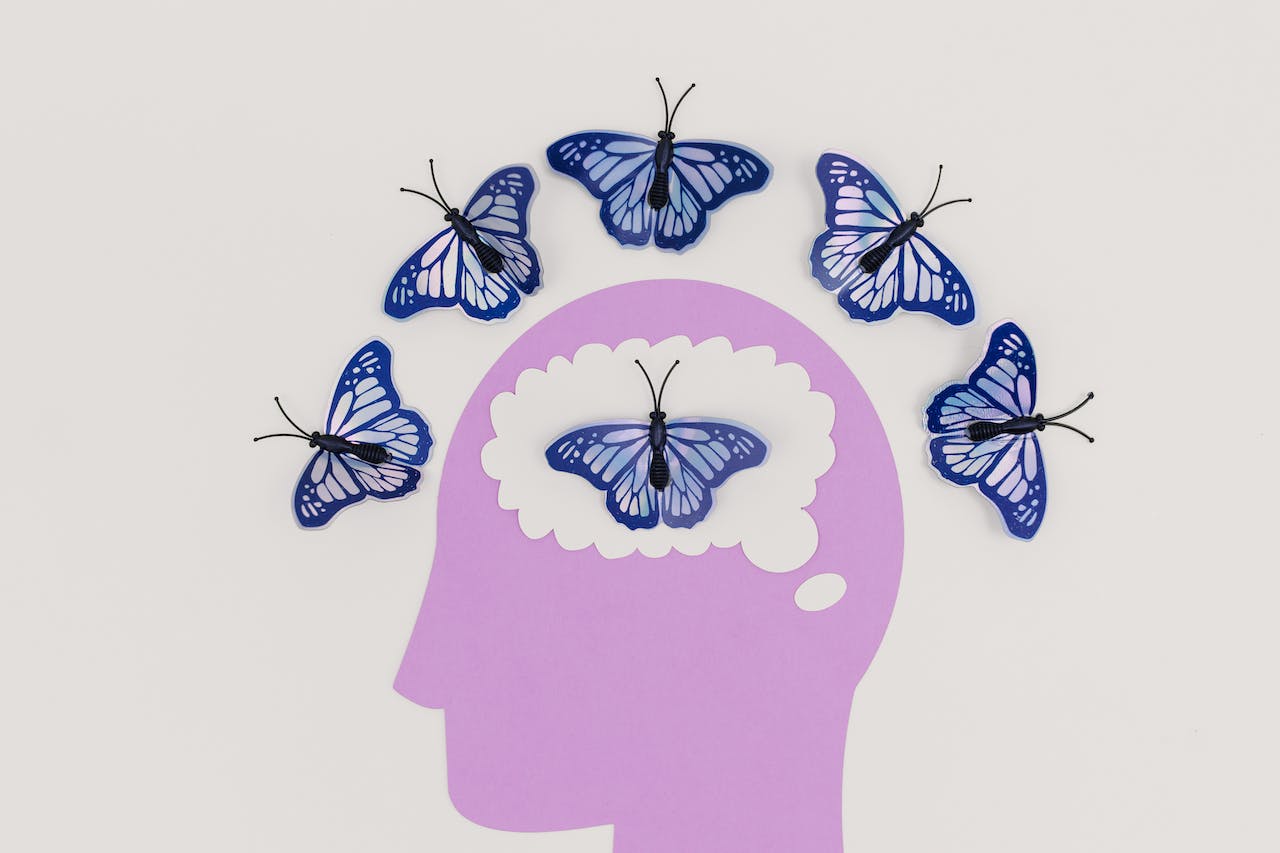Reading Time: 3 minutes Donald Hoffman’s notion of conscious agents is a convincing and challenging paradigm in cognitive science and consciousness studies. Hoffman’s viewpoint differs greatly from standard materialism, positing that consciousness is not a result of physical processes but rather a fundamental component of reality. This article digs into Hoffman’s theory, examining how it is consistent with three fundamental principles: the primacy of consciousness, the interface theory of perception, and the dynamics of conscious agents. The Primacy of Consciousness Hoffman’s idea is based on the concept that awareness is fundamental. Contrary to the…
Read MoreTag: Dr. Terry McIvor
Groundbreaking Discovery in Panic Disorder Research at Salk Institute
Reading Time: 2 minutes Sung Han, a neuroscientist at the Salk Institute for Biological Studies, and his team have made a ground-breaking discovery that could significantly impact the treatment of panic disorders. To control the symptoms of panic disorder, they found a fundamental brain circuit that depends on a neuropeptide known as Pituitary Adenylate Cystase-Activating Polypeptide (PACAP). This novel finding challenges the traditional focus on the amygdala, the brain’s fear centre, as the sole area responsible for panic responses. The team’s studies highlight the lateral parabrachial nucleus (PBL) in the pons region of the…
Read MoreHarnessing Age Regression
Reading Time: 2 minutes Hypnotic age regression is a powerful way to speed up recovery because it accesses embodied neural networks that store information about how the brain worked before the injury. Though not a perfect replay of the past, re-experiencing implicitly richer neurocognitive resources can guide the brain’s reshaping. Age regression techniques help people re-experience earlier times in their lives. They use imagery, stories, and suggestions to bring up important memories from their own lives. This differs fundamentally from retrospectively analysing the past from one’s current vantage point. Instead, hypnosis can evoke a…
Read MorePotential of Hypnosis for Rehabilitation
Reading Time: 2 minutes Hypnosis holds exciting promise as an intervention to improve cognitive functioning and counteract acquired disabilities after brain injury. Hypnosis works on the mental parts of people and often causes more problems than neurological ones. It uses imagery, metaphor, suggestion, and age regression, among other techniques. Firstly, hypnosis can reshape negative self-expectancies into self-fulfilling prophecies. When patients internalise the identity of someone with defective memory, attention, and mental stamina, this belief itself propagates cognitive dysfunction. Hypnosis facilitates envisioning more empowering self-concepts as capable learners and thinkers. Secondly, hypnotic metaphors…
Read MoreThe Original Series at USA Daily Standard
Reading Time: < 1 minute James Gebhardt Your Life – Your Legacy with James Gebhardt A Series on USADailyStandard.com MyArkit.com Lori Keesey Unleash the Hero Within with Lori Keesey A Series on USADailyStandard.com www.lorikeesey.com Dr. Terry McIvor Aim for Success in Your Coaching Practice A Series on USADailyStandard.com www.IGNLP.ie Sponsored Content from the Price of Business Digital Network.
Read More




